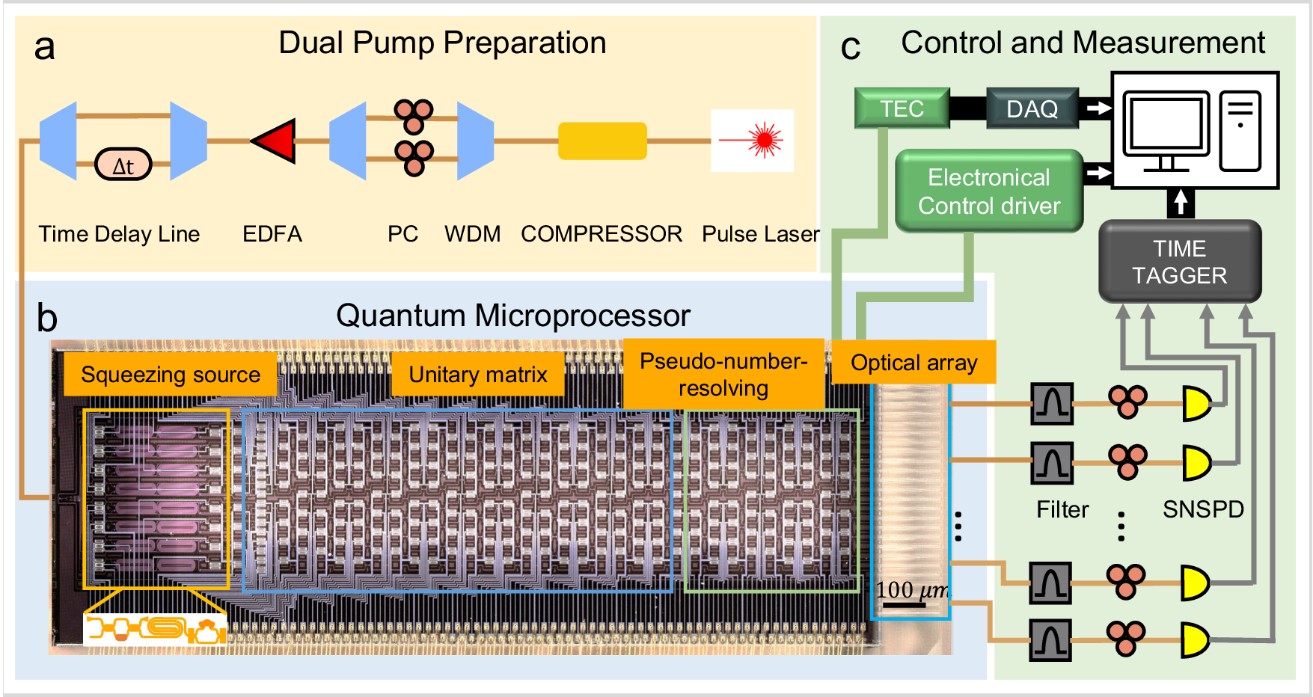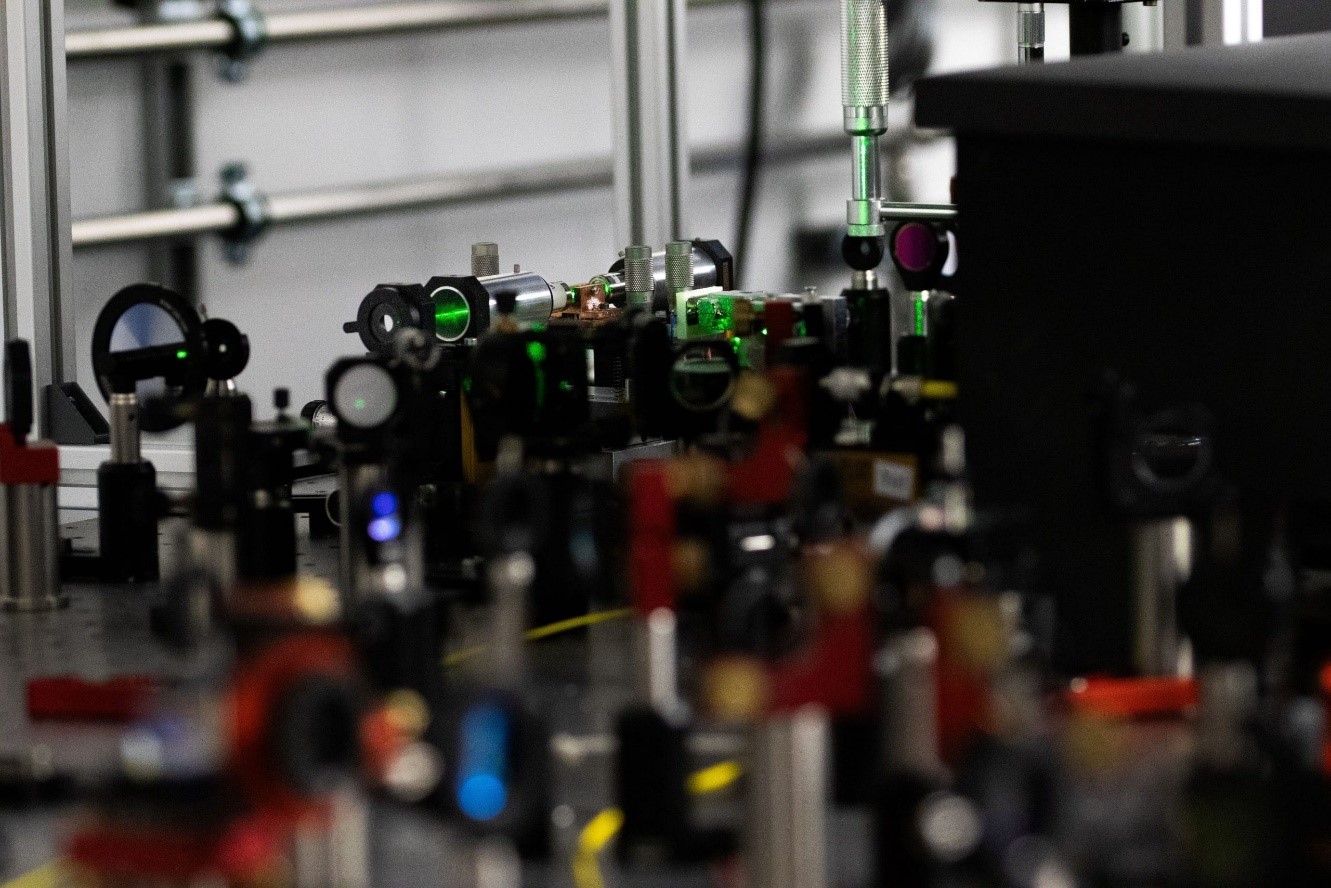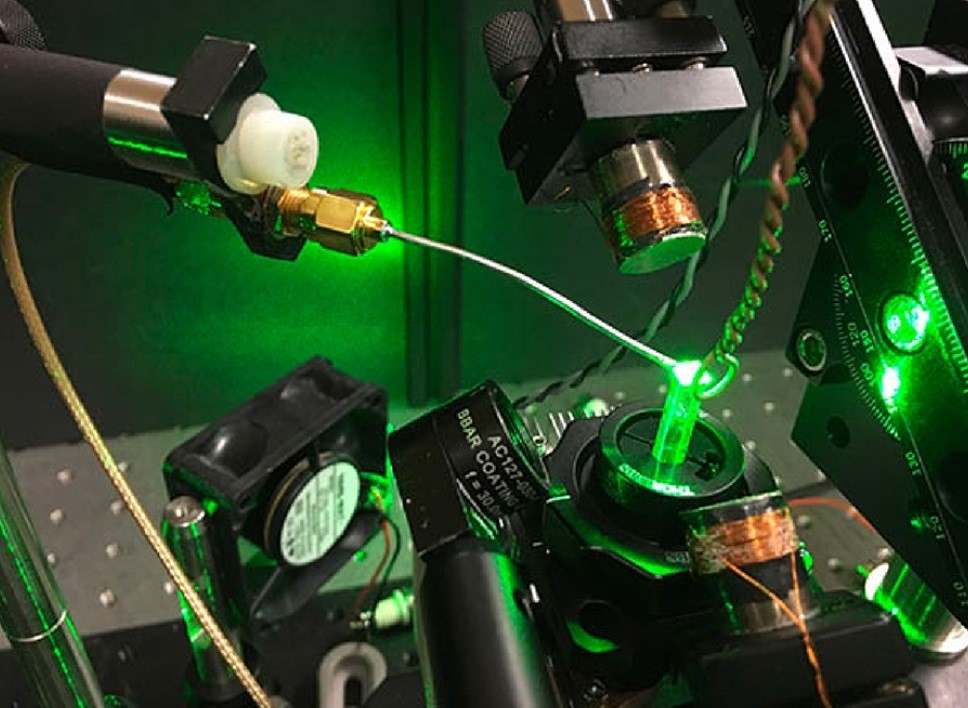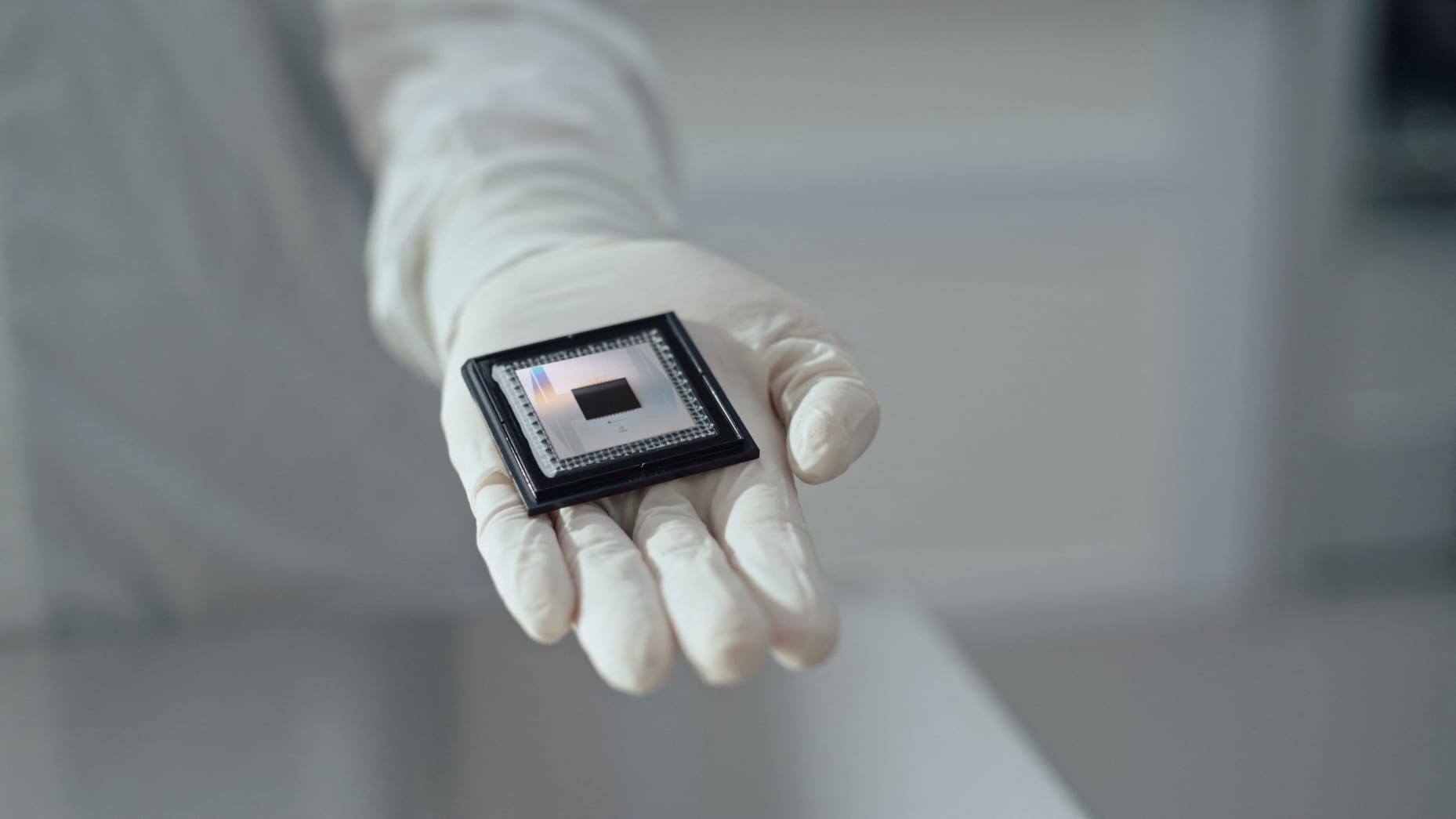Software Expertise Boosts the Capabilities of Quantum Computing
Combining research excellence with a direct link to the National Quantum Computing Centre, the Quantum Software Lab (QSL) is dedicated to providing effective solutions to real-world problems. Launched in April 2023 as part of the University of Edinburgh’s School of Informatics, the QSL benefits from its position within a leading research center in computer science, which offers access to expertise ranging from artificial intelligence to high-performance computing. Additionally, the QSL has a strategic partnership with the UK’s National Quantum Computing Centre (NQCC), facilitating access to emerging hardware platforms and creating opportunities to collaborate on industry-relevant challenges.
Elham Kashefi, who serves as both the QSL’s director and the Chief Scientist of the NQCC, bridges these two worlds. Her dual role enables her to connect with the global research community and leverage her insights to shape the technology program at the national lab. “Elham Kashefi is a dynamic leader who brings together diverse teams to tackle significant quantum computing challenges,” says Sir Peter Knight, the architect of the UK’s National Quantum Technologies Programme. “Her ability to apply her computer science background helps physicists like me enhance hardware effectiveness.”

Figure 1. Software Expertise Enhances Quantum Computing Capabilities
The QSL’s collaboration with the NQCC emphasizes innovation, focusing on demonstrating quantum utility—providing reliable quantum solutions that surpass classical computing. “Our partnership with the QSL is designed to drive user adoption,” says NQCC director Michael Cuthbert. “The NQCC introduces quantum computing to end-users, while Edinburgh’s academic expertise translates quantum theory into practical applications that benefit society and the economy.”Figure 1 shows Software Expertise Enhances Quantum Computing Capabilities.
Since its inception, the QSL has become the UK’s largest research group for quantum software and algorithm development, with over 50 researchers and PhD students. The lab also draws support from affiliates across the University of Edinburgh, including the EPCC supercomputing center, and from Sorbonne University in France, where Kashefi holds a research position.
Kashefi and her team aim to foster a research culture centered on collective success rather than individual achievement. “We are focused on unifying our knowledge and expertise to create a coherent program,” she says. “Our success lies in what we can achieve together.”
The Quantum Advantage Pathfinder, a core program of the lab, seeks to collaborate with industry and public sector end-users to identify key computational challenges and apply quantum techniques to solve them. A critical step involves benchmarking the developed algorithms to evaluate their benefits over traditional supercomputers.
“We embrace a start-up culture within the QSL, aiming to understand and address the needs of the ecosystem,” says Kashefi. “We follow the entire pathway from identifying industry pain points to demonstrating quantum computing’s advantages in commercial applications.”
For example, the QSL and NQCC engineers have partnered with HSBC to explore how quantum computing might enhance financial fraud detection. The team, including hardware provider Rigetti, is investigating whether quantum machine learning can offer an advantage in reducing risk and improving the bank’s anti-fraud capabilities.
In addition to its problem-focused projects, the Quantum Software Lab (QSL) benefits from the flexibility of its academic environment, allowing it to reverse the pipeline and develop optimal approaches for quantum algorithms and protocols that could be broadly applicable. For example, one project is exploring how hybrid quantum/classical algorithms could address big data challenges using small-scale quantum computers, while another is creating a unified benchmarking approach for different hardware architectures.
For the NQCC, Cuthbert views these universal insights as essential for shaping future activities at the national lab. “Theoretical advancements geared towards practical quantum computing applications will guide our technology program and help us build an effective quantum ecosystem,” he says. “Understanding the development of various theoretical elements and emerging techniques in classical computing is crucial.”
The QSL’s leadership in advancing quantum computing theory and informatics is highlighted by its role in two new quantum hubs launched by the UK government at the end of July. For the quantum computing hub based at the University of Oxford, QSL researchers will lead the development of software tools to enhance the performance of emerging quantum hardware, including quantum error correction, distributed quantum computing, and hybrid quantum/classical algorithms. Additionally, the QSL team will work on novel protocols for secure multi-party computing through its collaboration with the Integrated Quantum Networks hub, led by Heriot-Watt University.
The Quantum Software Lab (QSL) will benefit from its direct connection to the National Quantum Computing Centre (NQCC), ensuring that software tools evolve alongside advancing quantum processors. Sir Peter Knight highlights the importance of integrating hardware and software development to overcome roadblocks and accelerate progress.
The NQCC is developing hardware platforms with superconducting qubits, trapped ions, and neutral atoms and will host seven quantum testbeds set to be operational by March 2025. During a two-year evaluation phase, QSL researchers and the wider quantum community will collaborate with the NQCC and hardware developers to explore the capabilities of each platform and identify optimal qubit modalities for various problems.
A key focus will be on error correction, as even modestly sized quantum machines can tackle complex problems if noise is managed effectively. The QSL is translating recent theoretical advances into practical software, using the testbeds to test error-correction codes for different qubit technologies.
Additionally, a new Centre for Doctoral Training (CDT) for Quantum Informatics, led by the University of Edinburgh in partnership with several institutions, will train around 80 PhD students over the next eight years. The CDT will offer students hands-on experience at the NQCC, fostering skills in both technical aspects and the responsible use of quantum computing. Chris Heunen, CDT director, emphasizes the importance of this training for the future of quantum innovation and sustainability.
Source:Phycics World
Cite this article:
Janani R (2024), Software Expertise Boosts the Capabilities of Quantum Computing, AnaTechMaz, pp.155















